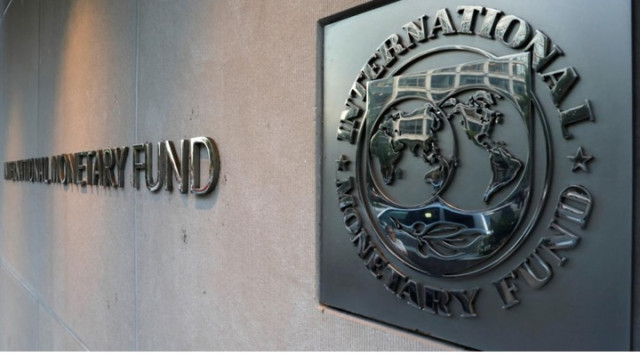The International Monetary Fund has stated that most industrial policies heavily depend on expensive subsidies or tax incentives, which could harm productivity and welfare if not properly targeted.
This was mentioned in a new report titled 'Industrial Policy Is Not a Magic Cure for Slow Growth.'
According to the global lender, when governments support individual sectors through industrial policy, it can drive innovation if implemented correctly.
The report emphasized the importance of finding the right balance, as historical examples show the negative consequences of policy errors, high fiscal costs, and adverse effects on other countries.
The report also observed that many countries are increasing their use of industrial policy to promote innovation in specific sectors to boost productivity and long-term growth in the face of security concerns.
The report highlighted that most industrial policies heavily rely on costly subsidies or tax breaks, which can negatively affect productivity and welfare if not targeted effectively.
It pointed out that this often occurs when subsidies are directed towards politically connected sectors.
Additionally, discriminating against foreign companies can backfire, leading to costly retaliation, and most countries, including major advanced economies, depend on innovation from elsewhere.
The report emphasized that turning to industrial policy to support innovation in specific sectors and technologies is not a guaranteed solution.
However, well-designed fiscal policies that promote innovation and technology diffusion more broadly, focusing on fundamental research as the basis of applied innovation, can lead to higher growth and facilitate the transition to a more environmentally friendly and digital economy.
It recommended that governments implementing industrial policies invest in technical capacity, adjust support as circumstances change, and operate according to open and competitive markets.
It added, "It has been mentioned that there are certain situations where industrial policy can be justified, such as when it supports sectors that strongly impact the domestic economy through knowledge spillovers, as seen in the semiconductor industry.
Another important scenario is promoting green innovation, as achieving net zero emissions will require developing new technologies.
However, subsidies for green innovation should be transparent, focused on environmental goals, and accompanied by effective carbon pricing to minimize financial burdens.
The administration led by Bola Tinubu has initiated extensive reforms aimed at discontinuing subsidies that many analysts believe have contributed to Nigeria's current economic challenges since assuming power,.
During his inauguration on May 29, 2023, President Bola Tinubu declared the permanent end of fuel subsidies under his regime.
Two weeks later, the Central Bank of Nigeria allowed the local currency to float to determine its true value.
Despite facing criticism from some sectors of society, these two major policy reforms have been praised by international observers.
In a previous report from January, the IMF lauded Nigeria and three other countries for their recent subsidy reforms, which would create room for increased development spending.
The IMF also expressed concern that many countries were falling behind, particularly in their efforts to boost revenues through measures like expanding the tax base, reducing tax exemptions, and improving tax administration efficiency."




















